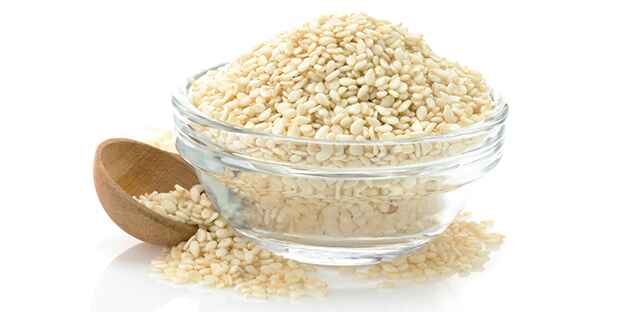Agricultural production everywhere is facing huge challenges due to climate change, and that includes sesame production. Sesame is a precious seed with many uses that is, unfortunately, threatened by shifts in global weather. This blog is aimed at exploring sesame export and its impact on the global market from the perspective of climate change.
Changing Climate and Sesame Production
Changes in temperature and moisture availability greatly affect sesame exporter. Sesame cultivation is also being impacted by changing climate patterns with irregular rains, long periods of dry spells, and increasing temperature levels. Seed germination and growth are severely affected by erratic and inadequate rainfall, leading to low yields. Moreover, high temperatures at the flowering stage impede pollination, which results in fewer seeds in a pod with final reduced yields. The altering climate is provoking farmers to make modifications in their agriculture approach to meet the prevailing market dynamics.
Impact on Global Sesame Trade
With sesame being a vital part of agricultural commodities traded internationally, it calls for concern when climate-induced challenges affecting its production are raised at an international level. Among these countries is India, where sesame is grown, for instance, experiencing decreased production as a result of climatic problems. The result is a lower availability of sesame seeds for consumption and trading in the international market. As a result, the demand-supply gap widens, and the selling price of sesame seeds shoots up. As a result of higher prices, import-dependent nations face difficulties in their home markets, which may cause economic disharmony.
India’s Sesame Export
Climate change is adversely affecting sesame production in India, one of the major players in the global sesame market. Seasonal monsoons and temperature fluctuations affect the country’s sesame cultivation. Any drop in the production of sesame can have direct consequences on the economic performance of a country when the country relies heavily on the sale of sesame as its main export item. This worrying pattern is reaffirmed by recent production figures proving that there is a high vulnerability in the sector with respect to changes in weather.
Mitigation Strategies and Future Outlook
Addressing climate change’s negative impacts on sesame production and trade necessitates a multi-dimensional strategy. Here are some that can be employed:
- Crop Diversification: Inviting farmers to diversify their crops will minimize the risks of sesame production. Sesame cropping systems will be ecologically more compatible if they use crop rotation for maintaining soil fertility.
- Technology Adoption: Sesame crops’ resistance to climate stress may be increased by implementing advanced agricultural technologies. Changing climate patterns can have severe implications for the agriculture industry; however, it can be partially addressed through precision planning, better water management techniques, as well as use of climate-resistant seeds.
- Policy Measures and Incentives: The government needs to develop policies encouraging climate-smart Agriculture. Farmers can be motivated to use sustainable practices resilient to climate change through subsidies, research grants, and support systems. It also implies rewarding producers of organic sesame for promoting eco-friendly methods.
- International Collaboration: It is also important for sesame exporters and importers to work together. This can set the pathway towards the global adoption of policy initiatives that promote climate resilience in agriculture based on the sharing of good practices, research results and novel approaches.
- Research and Development: More investment should be made in R&D for the development of resilient sesame varieties. To achieve this, scientists and agricultural experts have to work together in developing new varieties for a climatically changed world that would guarantee continuous sesame exporter.
Conclusion
Given the current predicament of global warming and its accompanying uncertainties in climatic conditions, the adoption of good agricultural practices as a basis for ensuring the stability of sesame cultivation and trade can be important in achieving sesame export and trade. We might mitigate the detrimental impacts of climate change on sesame by adopting innovative technologies, advancing crop diversification and encouraging an interdependent approach in the international platform so that the world has a stable and thriving sesame market.
Are you looking to source premium sesame seeds and elevate your business in the global market? Look no further than Kisan Agro, a leading exporter and supplier of top-quality sesame seeds. Our commitment to excellence ensures you receive the finest sesame seeds, catering to your varied needs and preferences.
Why Choose Viral Spices as a Sesame Exporter?
- Premium Quality: We offer only the highest quality sesame seeds, carefully sourced and processed to meet international standards.
- Wide Range of Options: From organic sesame seeds to bulk supplies, we provide a diverse range of options to suit your specific requirements.
- Reliability and Trust: With a proven track record in the industry, ‘Viral Spices’ is a name you can trust for all your sesame seed needs.
- Customer-Centric Approach: Your satisfaction is our priority. We are dedicated to providing exceptional service and tailored solutions to meet your unique demands.
Partner with Viral Spices today and enhance your sesame seed supply chain. Contact us now!





